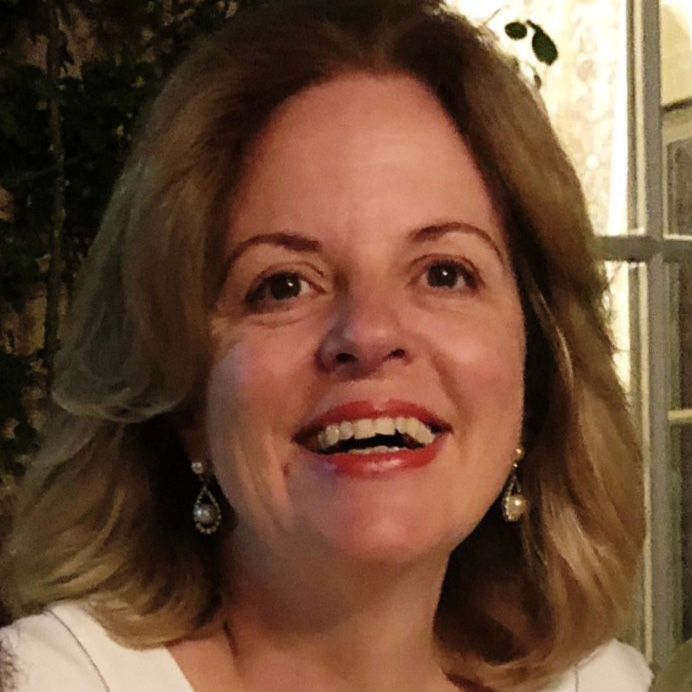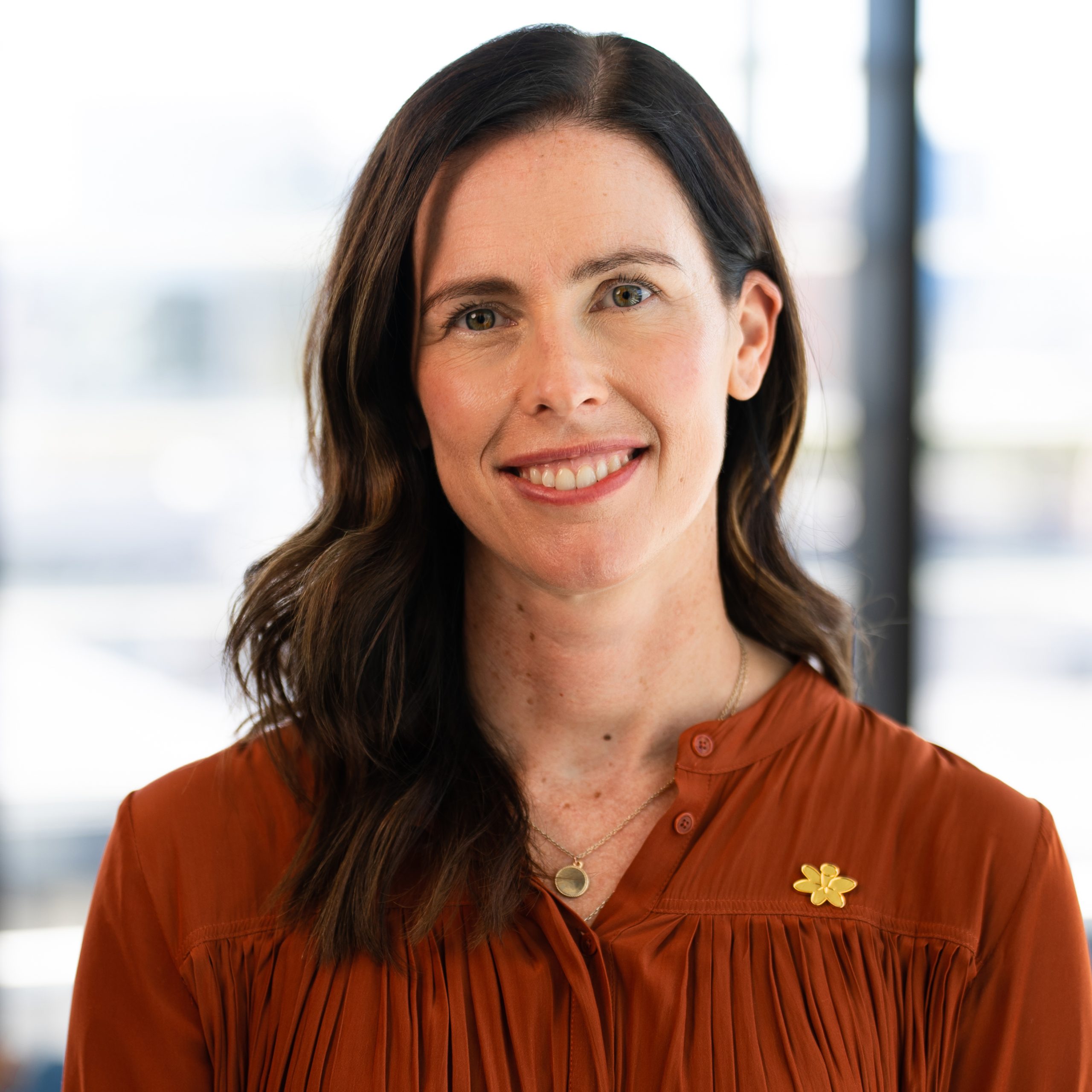Speakers
Dr. Jenny W. Rudolph

Dr. Jenny Rudolph is a life-long athlete who brings the joy of mastery learning to leadership and teamwork skills in healthcare. Dr. Rudolph’s “With Good Judgment” approach to high stakes conversations pairs high standards with high regard to help people “tell it like it is” without harming relationships. Rudolph’s work focuses on building learning cultures in healthcare. To do this, she draws on 20 years of research in healthcare, nuclear power, and chemical processing.
Dr. Rudolph is the Senior Director of Innovation at the Center for Medical Simulation in Boston and a Lecturer in Anaesthesia at Harvard Medical School and Beth Israel Deaconess Medical Center. She is a Fellow of the Society for Simulation in Healthcare, has doctorate in organizational behavior from Boston College, studied system dynamics at MIT, was a National Science Foundation Fellow, and received her B.A. in sociology from Harvard College.
Rudolph was a member of US World Champion women’s lightweight rowing team and played varsity basketball at Harvard College.
Dr. Tim Wigmore

Dr. Tim Wigmore is a distinguished Consultant in Intensive Care Medicine and Anaesthesia working at the Royal Marsden Hospital, Europe’s largest comprehensive cancer centre and as Medical Director at HCA UK, the largest private healthcare provider in the UK.
He qualified from Cambridge University and Oxford medical school before embarking on a training program in Anaesthesia and Intensive Care at the Imperial College School of Anaesthesia
He subsequently spent 3yrs in Sydney, Australia (Westmead Hospital) gaining the fellowship of the College of Intensive Care Medicine of Australia and New Zealand, in addition to the Fellowships of the College of Anaesthesia and Intensive Care Medicine in the UK
Dr. Wigmore has held a number of senior roles throughout his career at the Royal Marsden Hospital, including serving as Associate Medical Director, Chief Clinical Information Officer, and Chair of the Critical Care Network for North West London. He was instrumental in the complete rebuild of the Critical Care Unit, including overseeing the procurement and implementation of a new Clinical Information System on time and within budget. His leadership extended to the development of clinical governance frameworks, where he co-chaired the Institutional Governance and Risk Management functions and was Trust patient safety lead.
In 2018, Dr. Wigmore was appointed as Medical Director at Schoen Clinic London, and in 2022 the role was expanded to Group Chief Medical Officer for Schoen Clinic UK. During his tenure, Dr. Wigmore implemented several groundbreaking initiatives, such as the introduction of a salaried consultant model, which was a first in the UK private healthcare sector, the creation of a unique intensivist-led general ward care model and the development of a bespoke electronic health record and integrated data lake. His leadership was crucial during the COVID-19 pandemic, where he managed rapid service reorganizations to meet the demands of NHS and private sector patients.
He moved to HCA as UK Medical Director in 2023 and is intimately involved in the delivery of a new pan UK Electronic health record as well as leading on the expansion of physician employment.
Dr. Wigmore’s expertise extends into academia and research. He has authored over 40 peer-reviewed publications and book chapters, focusing particularly on the intersection of anaesthesia and cancer outcomes. His research has over 3000 citations, with an h-index of 17 and an i10-index of 22. He is a co-founder of the Global Onco-Anaesthesia Collaborative which aims to educate teams on how best to deliver perioperative care to cancer patients and to act as impetus to research development.
Dr. Wigmore frequently lectures at national and international conferences on topics related to critical care and anaesthesia for cancer patients and to healthcare informatics. His editorial roles include serving as an Associate Editor for the Journal of Intensive Care (2013-2022) and a regular reviewer for leading journals such as the British Journal of Anaesthesia and Critical Care Medicine.
Prof. Julia Riley

Professor Julia Riley is Visiting Professor of Palliative Medicine and End of Life Care at the Institute of Global Health Innovation, Imperial College London. She has been a palliative care consultant with the National Health Service in England for more than 30 years, with over 20 years spent at The Royal Marsden Hospital, London’s leading cancer tertiary referral centre, where she led the palliative care and symptom control department for over 15 years.
Over 500,000 people die in England and Wales every year1, and almost half of those die in hospital2 – despite the fact that under 3% of people say3 that is where they want to spend their final days.
Professor Riley set up three innovative services to overcome this mismatch of patient preference and experience and to aid the seamless discharge of dying patients from hospital to the community and support the dying to die in line with their wishes and preferences, all as a benefit of advance care planning.
HOSPITAL to HOME is a case conferencing and telephone service for discharging patients for whom there are no further active treatment options available. The service continues at the Royal Marsden Hospital and hundreds of patients benefit each year. Nearly 80% of these patients die in their preferred place, avoiding unnecessary (and sometimes lengthy) hospital admissions.
COORDINATE MY CARE (CMC) 4-17 was created to be a London-wide clinical service underpinned by an electronic solution for patients with life limiting illnesses. Over 170,000 CMC plans were created for patients. Of these patients, 78% patients died in their preferred place, saving the NHS £2,100.00 for each and every patient admission avoided – because they had a plan honoured by the emergency services. In 2021, recognising CMC’s benefits, health commissioners in London sought to take the best of CMC’s advances and incorporate it in other areas of clinical activity through the Universal Care Plan for London, at which point Professor Riley’s involvement in digital clinical solutions across London ceased.
MY CARE PLANNED (MCP) is a new development focusing on the patient leading the creation of their own multidisciplinary care plans, covering every phase of life, directly through the MCP app. The new patient-focused app combines a variety of care plans so that patients can contribute to planning their own future care. Most notable among the new developments is the Mental Health Crisis care plan, which helps patients who suffer from mental ill health to receive care (chosen in advance at a time when they have capacity) in the most appropriate environment if and when needed – again avoiding unnecessary hospital admissions.
In summary, Professor Riley’s passion is to develop new clinical pathways, underpinned by digital solutions, to deliver patient choice and improved care that is significantly more cost effective.
Prof. Amanda Ullman

Professor Amanda Ullman (RN, PhD) is the inaugural Professor and Chair in Paediatric Nursing, conjoint between Children’s Health Queensland and The University of Queensland, as well as an NHMRC Emerging Leader.
Amanda’s primary research focusses on improving the most common invasive procedure in paediatrics – the insertion of an intravenous (IV) catheter. This research has changed practice, reducing infection and pain, and promoting efficient healthcare, for children internationally. Amanda was a 2021-2 Fulbright Scholar and since 2023, Amanda has been co-Chair of the Children’s Inpatient Research Collaborative of Australia and New Zealand (CIRCAN), and Director of Child UnLimited (a consumer-driven advocacy group).
She spends most of her time helping clinicians to develop and lead their research programs, connecting talented people across academic and health sectors, so they can achieve great outcomes for kids, families and communities.